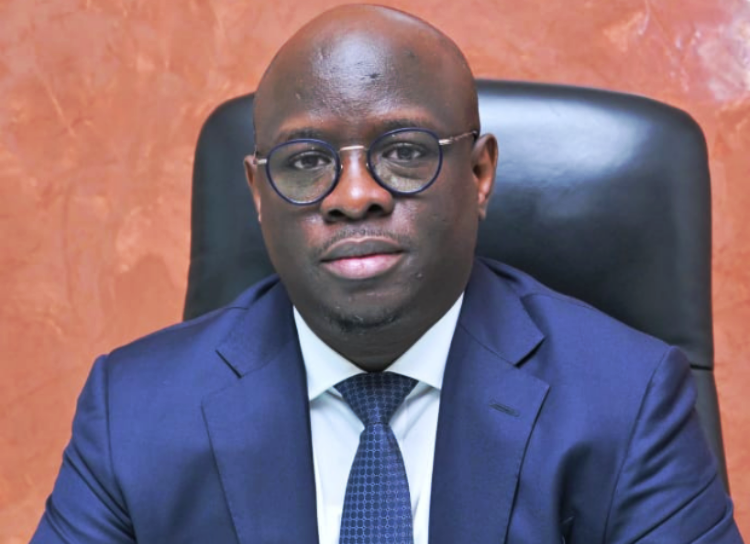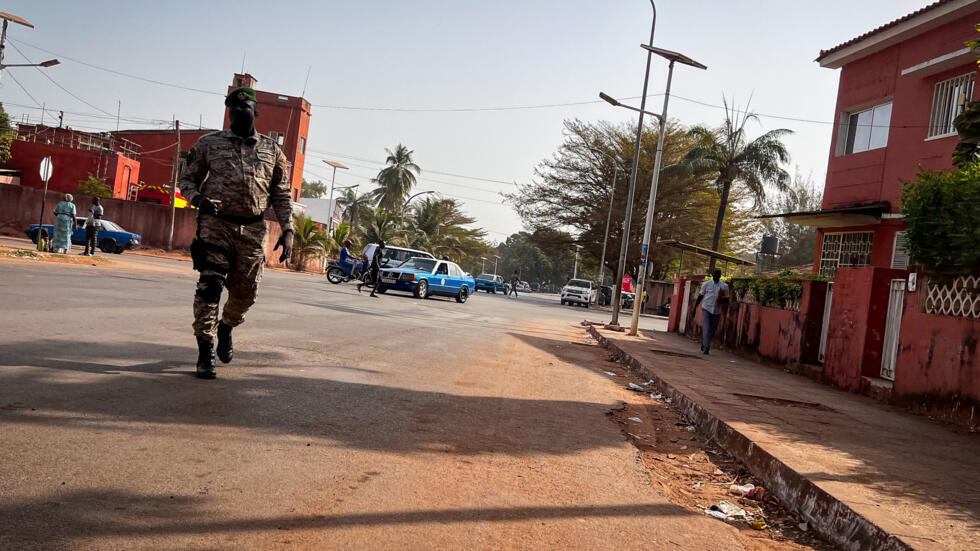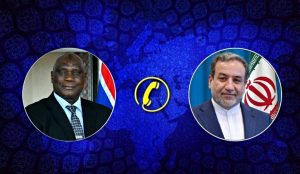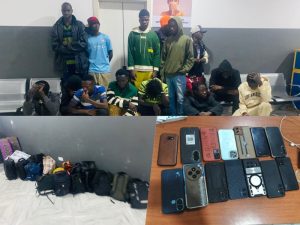Gambiaj.com – (Bissau, Guinea-Bissau) – In a move sparking outrage and accusations of political repression, Guinea-Bissau’s Public Prosecutor’s Office on Wednesday declared two prominent civil society organizations, the Popular Front and the Space for Concertation of Civil Society Organizations, “illegal.” The prosecutor cited a lack of legal registration, but critics say the decision is a thinly veiled attempt to silence voices critical of President Umaro Sissoco Embaló.
The Public Prosecutor’s Office stated that both organizations failed to provide documents proving their legal status, as required by Article 158 of the Guinean Civil Code. According to the prosecutor, formal invitations for a working meeting were ignored.
“Due to the lack of a formal constitution, this legal anomaly prevents these organizations from acting in the legal world,” the prosecutor’s statement read, warning that any future activities by the groups would face legal consequences.
However, this legal explanation has done little to calm fears of political interference. Both organizations, known for leading protests and criticizing alleged abuses by Embaló’s government, swiftly rejected the prosecutor’s reasoning.
In a joint statement, they accused Attorney General Bacari Biai of “political bias” and acting as an enforcer for the presidency, even demanding his resignation for “undermining constitutional rights” and turning the Public Prosecutor’s Office into an instrument of “the regime’s agenda.”
Nkanande Ka, a member of the Popular Front, wasn’t surprised by the decision. “The Popular Front defends republican values, and this has been a concern for the regime. We see this not as an act by the prosecutor, but by the president himself,” she asserted.
Vocal Critics Vow to Continue
Legal and political experts are also questioning the legitimacy of the prosecutor’s move. Jurist Augusto In Sambé called the decision “legally nonexistent,” arguing that private associations are permitted unless explicitly prohibited by law. “The law does not forbid the creation of social movements. These organizations can exist without formal legal status,” he stated.
Political analyst Fodé Mané described the action as a “blatant attack on freedom of association and expression.” He highlighted the government’s apparent tolerance of pro-government movements that often operate without clear legal status, calling it “selective enforcement to please the ruling elite.”
The Popular Front, formed last year to “save democracy” and “rescue the state,” has been a vocal critic of the Embaló administration. The Space for Concertation brings together dozens of civil society groups, many of which already hold legal status, to coordinate advocacy efforts.
Despite the crackdown, both groups have vowed to continue their activism. In their latest statement, they warned that Guinea-Bissau’s democracy is under severe threat, accusing the current leadership of fostering “oppression, corruption, and violence.” They also urged the public to resist what they describe as an “authoritarian drift.”
This standoff highlights a broader struggle in Guinea-Bissau between the increasingly assertive executive and civil society, raising fears among observers that such actions could escalate political tensions in the fragile West African state.










